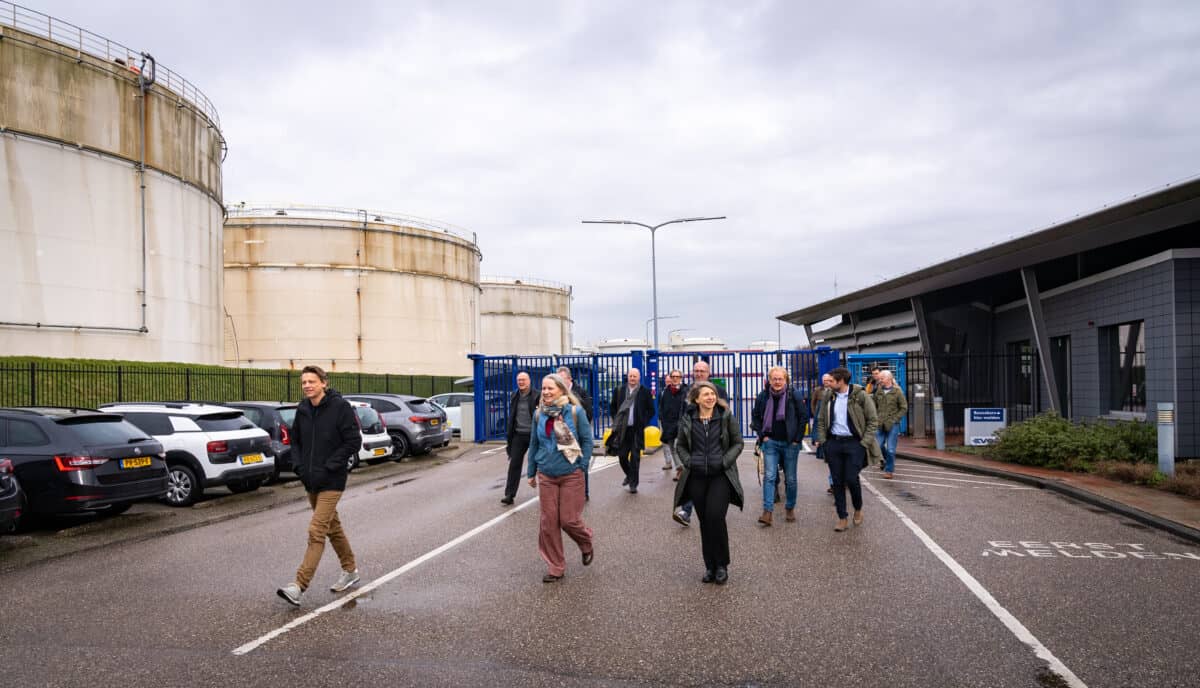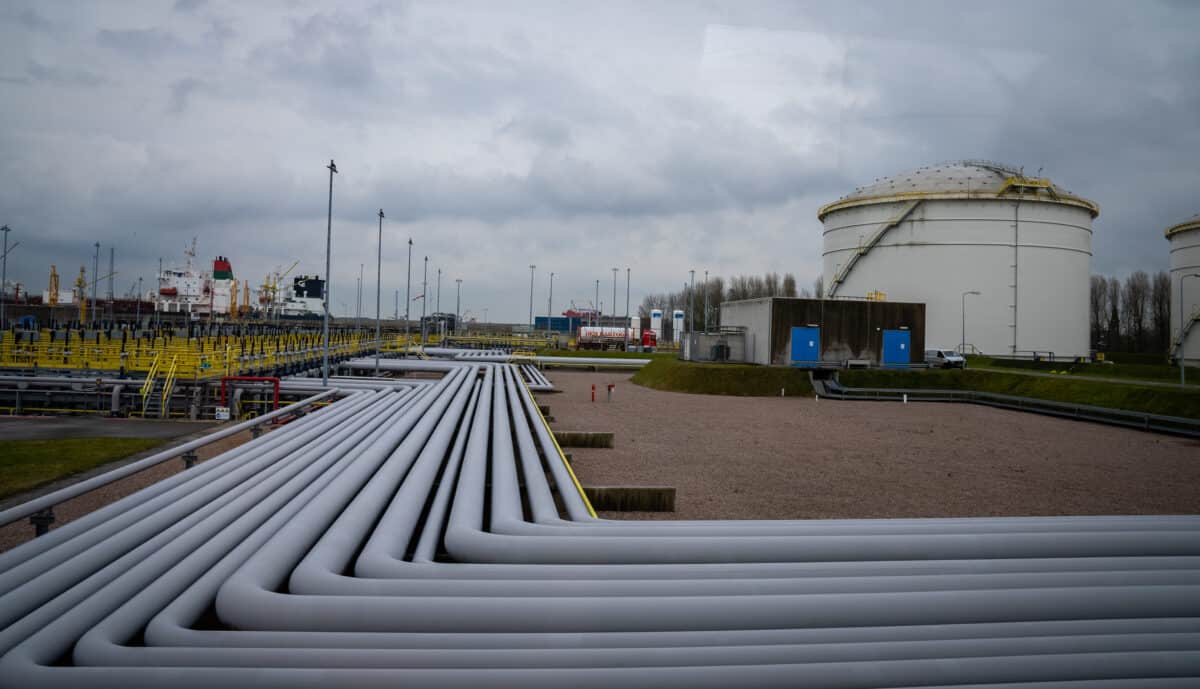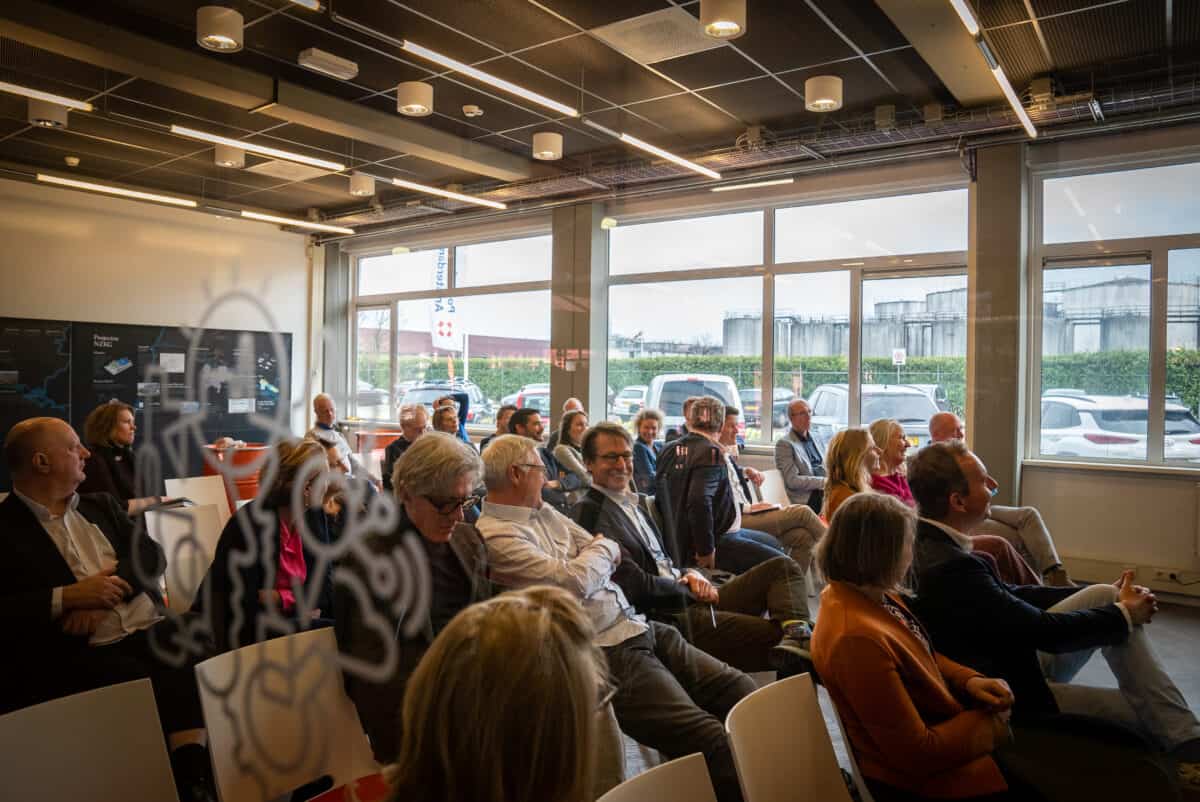‘Companies want to contribute to the energy transition based on their core business’
HCA Safari Regio Noord-West Nederland
From the steel furnaces in IJmuiden and the transhipment in the port of Amsterdam, to the energy-intensive industry in the Zaan area and mobility issues around Schiphol airport: hydrogen is set to play an important role in business in the north-western Netherlands. ‘In our regional roadmap, we therefore intend to have a broad focus on all potential applications,’ says Simone Maase.
Densely populated area
Because of the wide-ranging applications of hydrogen, the labour market issue in the north-western Netherlands is a significant one. ‘We do have the advantage of being a densely populated area, with potentially enough people to work in the hydrogen economy. Consider first of all the industrial companies that are changing as the energy transition happens. Their employees will see their work transformed as a result of the hydrogen transition.’
Most sustainable steel plant
Maase notes that large industrial companies already have advanced plans to improve sustainability and, for example, focus on green hydrogen. ‘At our HCA Safari Day on Tuesday, 21 March, I was amazed by how specific those plans are. For example, Tata Steel in IJmuiden aims to achieve the world’s most sustainable steel plant by 2028, based on green hydrogen and natural gas.’
Based on their own core business
‘Everyone wants to contribute to the energy transition based on their own core business,’ continues Maase. ‘Companies realise that green hydrogen will be the future and are exploring how they can take advantage of that. One example is the storage company Evos in the port of Amsterdam, which we visited during the Human Capital Agenda (HCA) Safari Day. By 2027, it aims to have two tanks ready for the storage of hydrogen in the form of a liquid organic hydrogen carrier.’

Energy transition tangible
According to Maase, simply visiting the huge Evos terminal suddenly makes the scope of the energy transition feel tangible. ‘Not only can you see what the major players are working on, but also how important it is for the SMEs, education and knowledge institutions that supply industry to be properly coordinated with it. Current and new professionals will all need to make the transition.’
Future professions
Preparing professionals for the future is partly groping in the dark. ‘Much of the technology is not yet fully developed and we also don’t know which technology will take the lead. That means we’re also unable to predict what the future professions will look like in the hydrogen economy. However, we need to work together and draw up professional profiles and associated skills to enable the education offering to develop in the right direction.’
Autonomous hydrogen plant
‘There was an interesting presentation by the joint venture HyCC, featuring a design for an autonomous hydrogen plant,’ says Maase. ‘It’s a solution for staff shortages that will also require new competences from professionals who will control the plant remotely.’

All parties well represented
Waiting to see how the professions of the future take shape is not an option. ‘Professionals will need to be ready and waiting in just a few years. That means we need to train and educate them now. It calls for an integrated approach involving business and industry, research and education: at secondary vocational, higher professional and academic level. In the north-western region, all of the parties are well represented. That means we’re spoilt for choice, but the issue of coordination requires some attention.’
Roadmap with concrete action list
In order to prepare new and current professionals for the work of the future, the north-western HCA region has also started compiling a roadmap. ‘Before the Safari Day, we held initial talks with individual parties. We plan to continue that, including with smaller parties, as soon as we know what ambitions they have. Ultimately, this should result in a roadmap after the summer including a concrete action list to which the parties will commit. We also aim to collaborate with the other regions, to enable us to optimise each other’s HCA strategy.’

‘Companies realise that green hydrogen will be the future and are exploring how they can take advantage of that’
More on this article?

Simone Maase
Liaison
